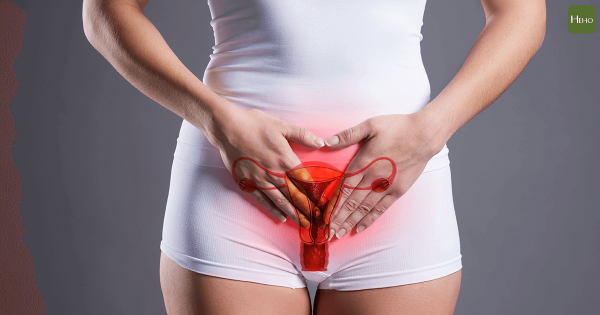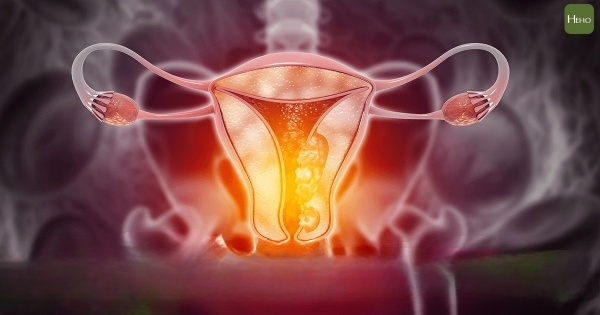Several months ago, Democratic Progressive Party (DPP) legislator Xu Jiapei was diagnosed with endometrial cancer, which rapidly spread to her bones. Despite initial stabilization after aggressive chemotherapy, her condition deteriorated rapidly last week, and she passed away on the morning of September 18, aged 48. Doctors pointed out that early detection and treatment of endometrial cancer have a high cure rate, but once cancer spreads beyond the uterus, the prognosis is usually poor.
According to the Ministry of Health and Welfare's cancer registration report, endometrial cancer is the most common type of uterine cancer, with an increasing incidence rate and a trend toward younger patients. It frequently occurs around menopause and presents symptoms such as postmenopausal bleeding, irregular periods, increased menstrual flow, persistent vaginal bleeding or discharge, anemia, fatigue, and lower abdominal pain. Endometrial cancer is the most common type of uterine cancer. (Photo provided by Heho Health)
Endometrial cancer is the most common type of uterine cancer. (Photo provided by Heho Health)
High-risk groups for endometrial cancer include women over 50 years old, with a history of endometrial hyperplasia, long-term improper estrogen supplementation, obesity, diabetes or high blood pressure, a history of other cancers, and women taking tamofen to treat breast cancer. and Caucasians, etc. Other high-risk factors include nulliparity, late menopause, anovulatory menstrual cycles, and long-term use of ovulation-stimulating drugs.
The treatment of endometrial cancer is mainly surgery. For patients who have metastasized or are suspected of metastasis, additional radiation or anti-cancer drugs are added. If the disease is advanced, recurrent, unresectable, or young and wants to preserve fertility, doctors will consider hormonal therapy, using artificial hormones such as anti-estrogen and progesterone to adjust the patient's hormones. Obese women are more likely to develop endometrial cancer. (Photo provided by Heho Health)
Obese women are more likely to develop endometrial cancer. (Photo provided by Heho Health)
To prevent endometrial cancer, it is recommended to control weight and exercise regularly to regulate hormones in the body, strengthen immunity, and thereby reduce the risk of cancer. The American Institute for Cancer Research (AICR) recommends eating more vegetables, whole grains, beans, and fruits, and reducing the intake of red meat and high-salt, high-sugar, and high-fat foods to effectively reduce the incidence of endometrial cancer.
This article is used with permission from Heho Health.







